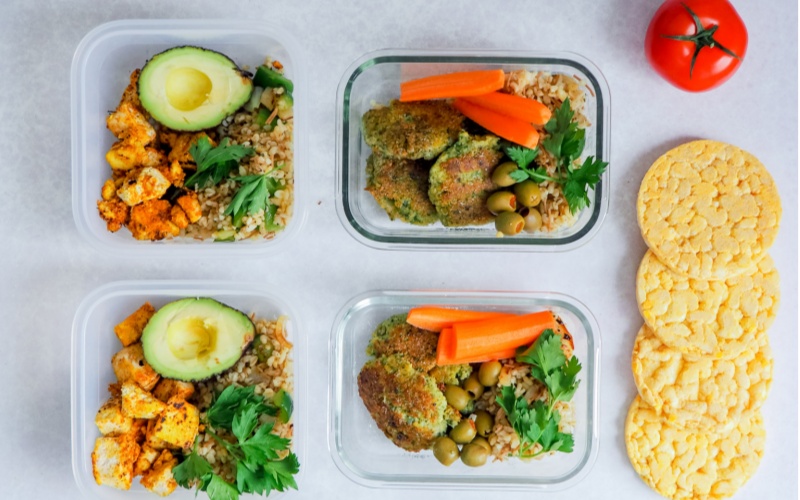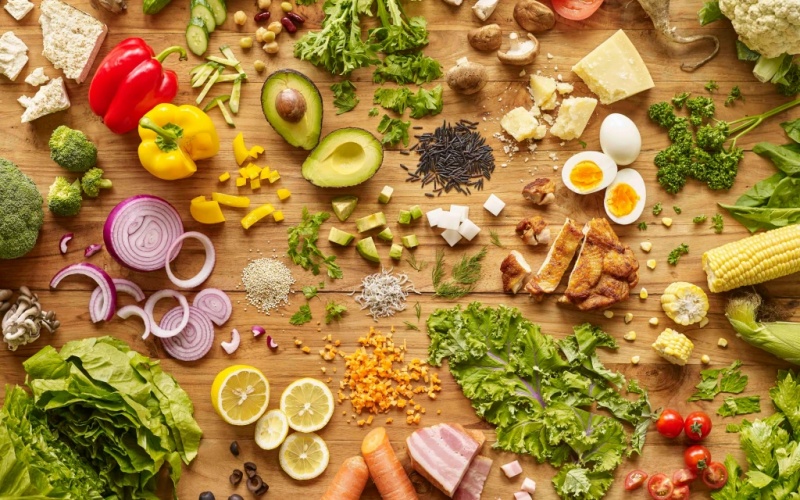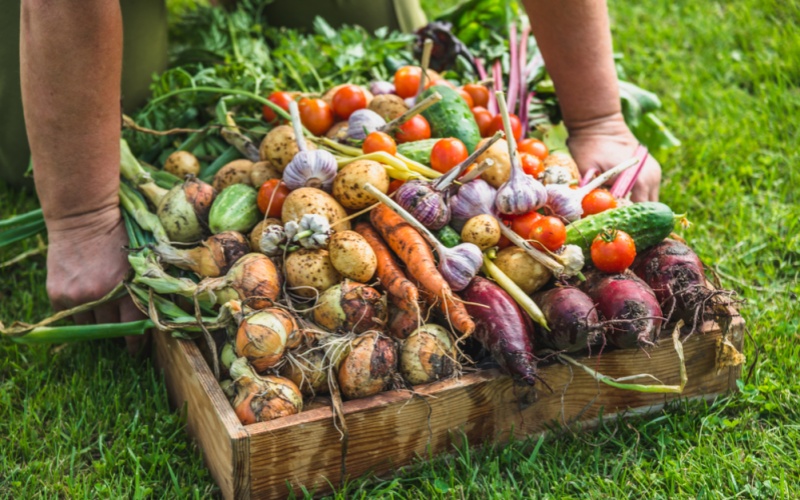One of the primary advantages of meal prep is the time it saves. By dedicating a few hours on the weekend or during your free time, you can cook multiple meals at once. This not only frees up your weekdays but also eliminates the daily stress of figuring out what to eat. Preparing ingredients in bulk, such as chopping vegetables or cooking grains, can significantly cut down on cooking time during busy weekdays. This efficiency allows you to enjoy home-cooked meals even on the most hectic days.
Health is another compelling reason to embrace meal prep. When you plan your meals in advance, you have greater control over portion sizes and ingredients. This can lead to healthier eating habits, as you are less likely to resort to fast food or unhealthy snacks when hunger strikes. By incorporating a variety of whole foods, such as lean proteins, whole grains, and plenty of fruits and vegetables, you can create balanced meals that nourish your body. Additionally, meal prep allows you to experiment with new recipes and flavors, making healthy eating more enjoyable.
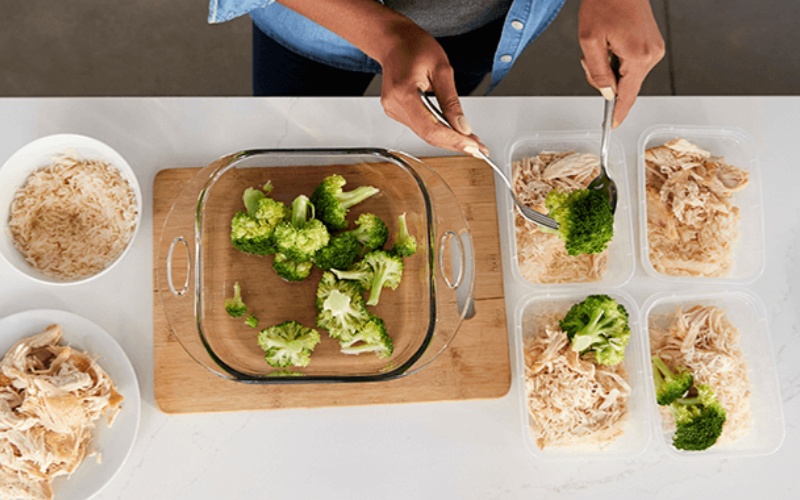
Another key aspect of meal prep is its potential to reduce food waste. By planning your meals and utilizing ingredients efficiently, you can minimize the chances of food spoiling in your refrigerator. Buying in bulk and preparing larger quantities means you can use up perishable items before they go bad. This not only helps the environment but also saves you money in the long run.
Getting started with meal prep doesn’t require elaborate planning or special skills. Begin by choosing a few simple recipes that you enjoy and can easily replicate. Focus on versatile ingredients that can be used in multiple dishes, such as roasted vegetables, grilled chicken, or quinoa. Investing in quality containers is also essential, as they help keep your meals fresh and organized. Clear, labeled containers make it easy to grab meals on the go and ensure you know what you have prepared.
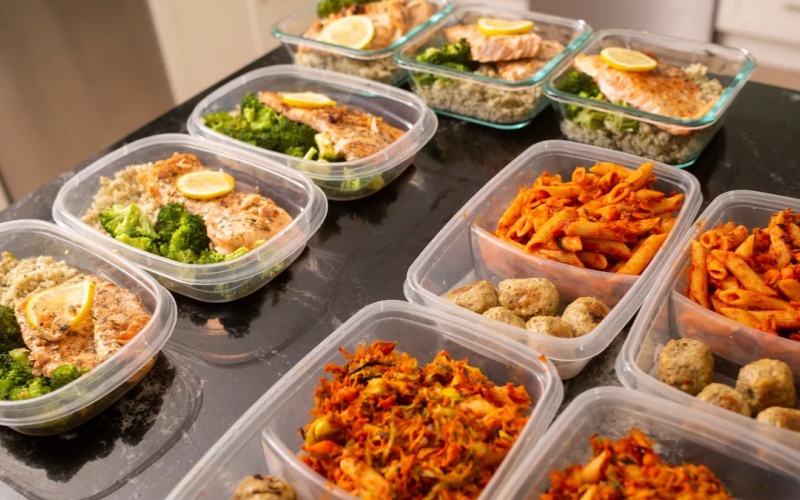
As you become more comfortable with meal prep, consider incorporating batch cooking into your routine. This involves cooking larger quantities of staple items, such as soups, stews, or grains, and storing them for later use. You can mix and match these components throughout the week to create diverse meals without the need for extensive cooking each day.
Meal prep can also foster a sense of mindfulness around food. Taking the time to plan and prepare your meals encourages you to think about what you are eating and why. This awareness can lead to more thoughtful choices and a deeper appreciation for the ingredients you use. By making meal prep a regular practice, you can enjoy the benefits of convenience, health, and sustainability while developing a more intentional relationship with food.

